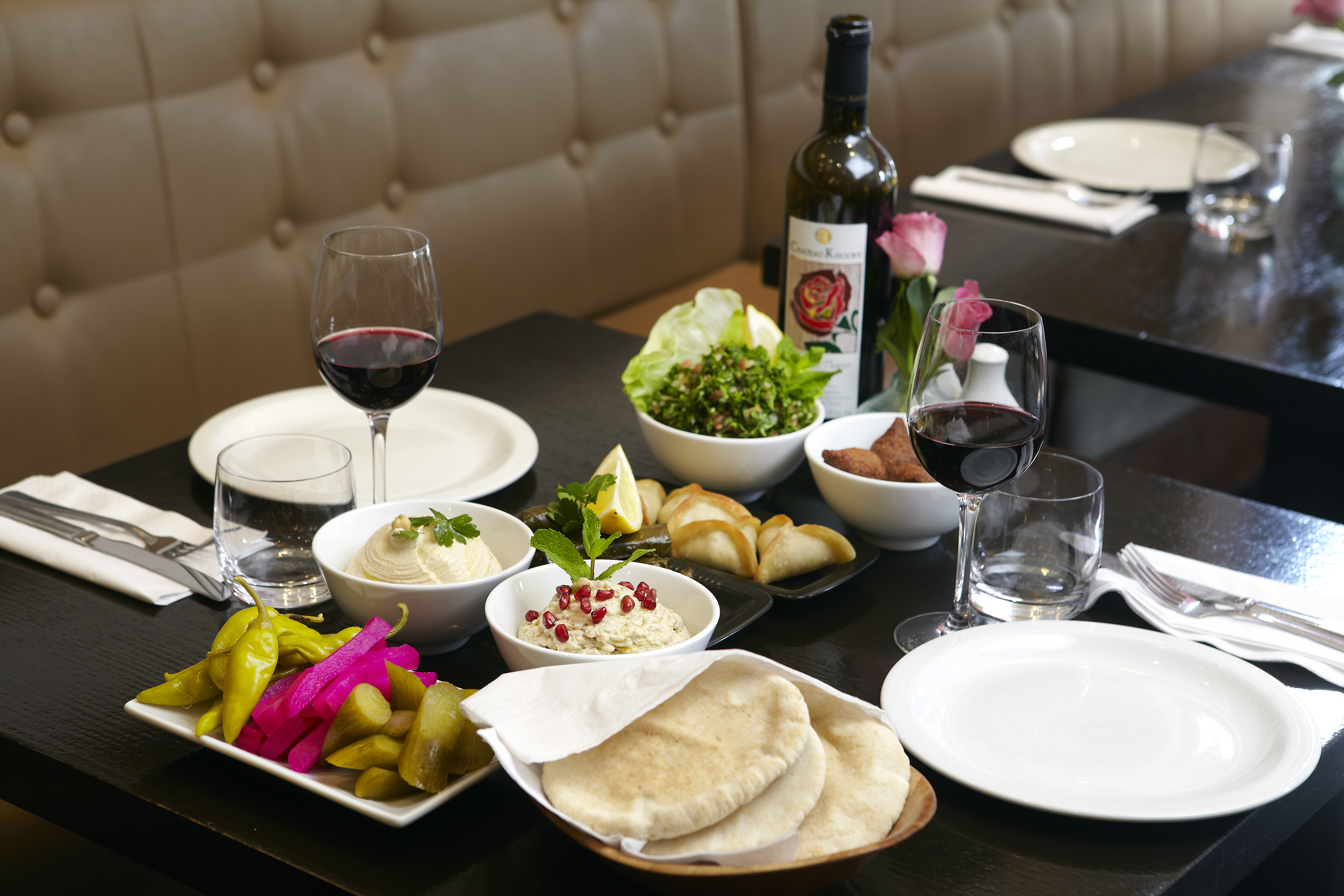The staff of Warda are very proud of the
hospitality we offer the people of Southgate and the surrounding area, and why
shouldn’t we be – there have been people in Lebanon for over seven thousand
years, and the country is famous for the care and attention it shows its
guests. We have quite a reputation to live up to!
In Lebanon it is considered an honour and a
privilege to have a guest in your home, and how a person takes care of his
guests says a lot about who he is, so if you have the good fortune to find
yourself the guest of a Lebanese person you can expect to be offered every
comfort. It is likely you will be offered a drink as soon as you arrive, and it
is considered rude to refuse. It is also likely that you will be encouraged to
try a little (or a lot!) of every dish on the table, of which there will be
quite a few (see our previous blog), and you may be pressed to have second and
even third helpings. You should also be prepared to be asked several times
whether you would like some more to eat or drink. Even if you initially refuse,
it is likely you will be asked again as your host wants to do his utmost to
make sure you are comfortable and have had sufficient, so it’s a good idea to
pace yourself. This is one of the reasons why meals in Lebanon are never casual
affairs, and can go on for several hours.
We know things won’t be exactly the same in a
restaurant – for example, we don’t expect you to bring us gifts or sweets, and
no one likes a pushy waiter, but at Warda you can be guaranteed a warm welcome,
a relaxed meal, good food and plenty of it!

Sources:
http://www.maroniteacademy.org/maroniteacademy/5.culture-language.html
https://en.wikipedia.org/wiki/Lebanon
http://www.kwintessential.co.uk/resources/global-etiquette/lebanon.html
